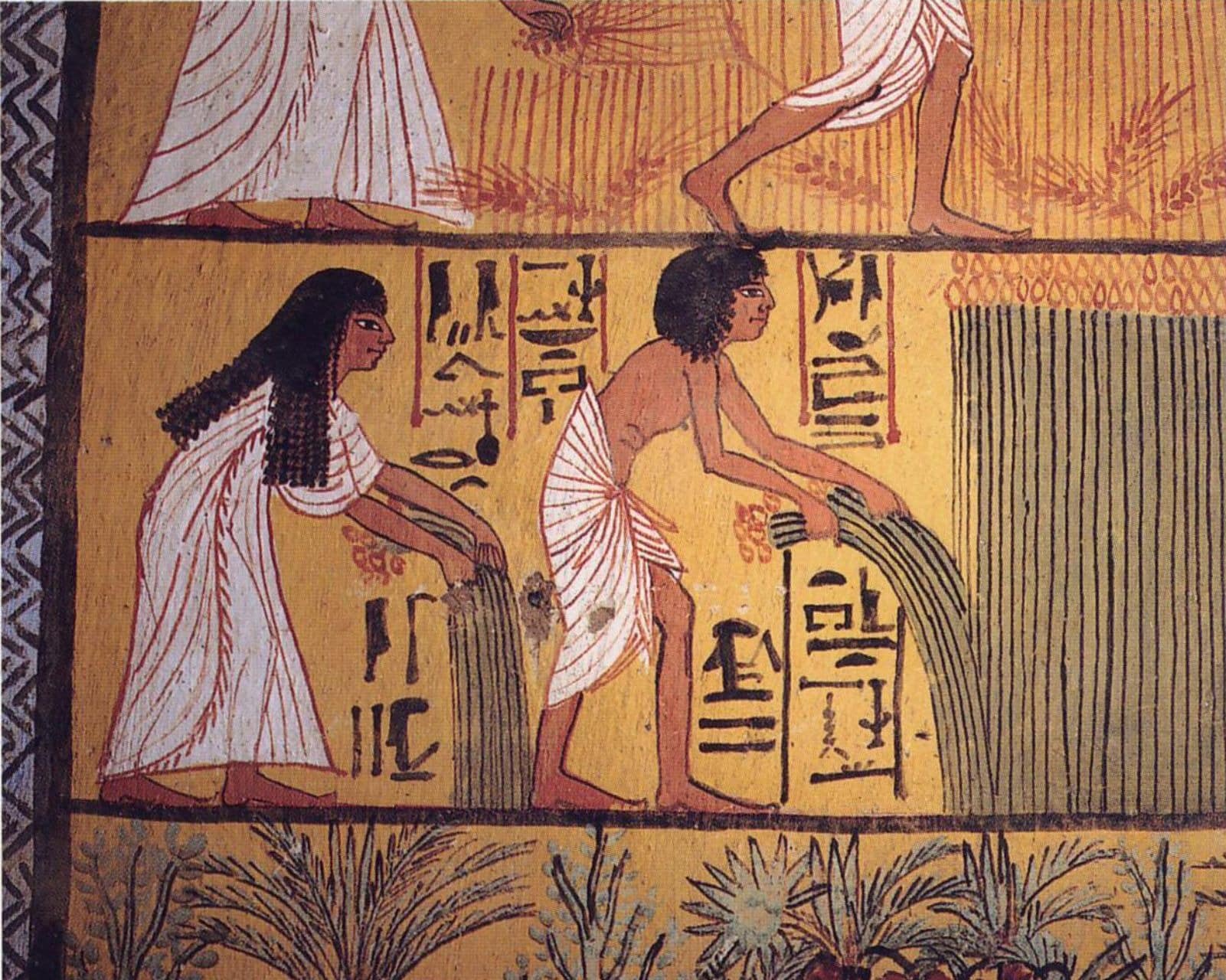Study Challenges Female Independence in Ancient Egypt, Shows Eldest Son Held Power
Source: GreekReporter.com

A new study is reshaping the understanding of gender roles in ancient Egypt, challenging long-held views about female independence in ancient Egyptian society.
Women possessed the legal right to own property and enter into contracts; however, their autonomy was constrained by broader family dynamics. These dynamics often granted the eldest son and senior male figures primary control over household and inheritance matters.
The research, led by Ph.D. candidate Steffie van Gompel, suggests that despite appearances, women’s roles were more constrained than commonly portrayed. Many have viewed ancient Egyptian women as uniquely empowered compared to their counterparts in other ancient civilizations.
However, Van Gompel’s analysis of marriage contracts and family structures paints a more complex picture, in which male authority, especially that of the eldest son, shaped domestic life.
Marriage contracts offered rights, but not full control
Marriage contracts from certain periods allowed wealthy couples to define financial arrangements, including how assets would be divided in the event of a divorce.
These contracts, often cited as proof of women’s higher status, recorded personal property brought into a marriage and offered legal recognition of a woman’s holdings. Yet, Van Gompel argues that this legal recognition did not necessarily translate into social or household power.
“To really understand the status of Egyptian women, you have to look at the whole family system,” she said. Her research examined not only property rights but also inheritance practices and household organization. These documents indicate that, following marriage, control over assets often remains with the larger family unit, primarily in the hands of senior family men.
The eldest son continued the family household
Van Gompel’s work highlights a clan-based family structure. Unlike the modern idea of a nuclear family, ancient Egyptian households typically consisted of multiple generations.
While most adult children moved out, one—usually the eldest son—remained to carry on the family home. This individual and their partner took over household responsibilities, resulting in temporary, three-generation homes where the eldest son held a central role.
This structure gave senior men long-term authority, even over married sons and daughters. They made decisions about marriage and retained control of property as family-owned assets. “I sometimes say that Egypt was quite literally a patriarchy,” Van Gompel noted.
Daughters sometimes inherited, but didn’t define the system
Still, the family system created some room for women to gain influence. In cases where no eldest son was present, daughters could be chosen to continue the family line, often preferred over more distant male relatives. This reduced gender-based opposition and, in some instances, enabled women to take on leadership roles within the household.
Even so, Van Gompel cautions against overstating their power. The study suggests that the image of Egyptian women as feminist forerunners is more myth than reality. “I’m afraid I’ve overturned that cherished notion,” she said.
The findings provide a deeper understanding of how family roles and power structures shaped the lives of ancient Egyptians, particularly in terms of how they limited or enabled female independence in ancient Egypt.
The original article: belongs to GreekReporter.com .
